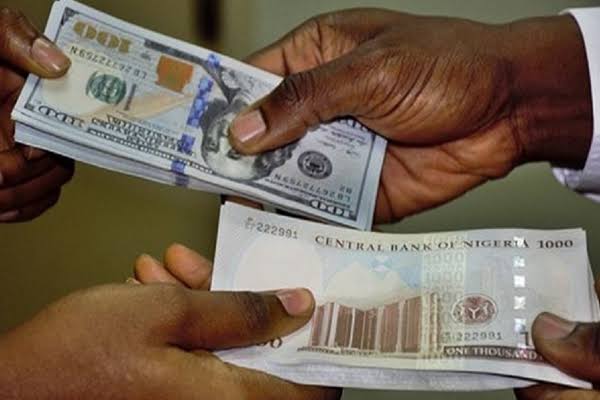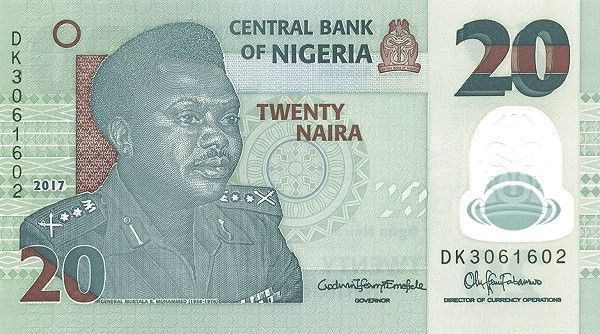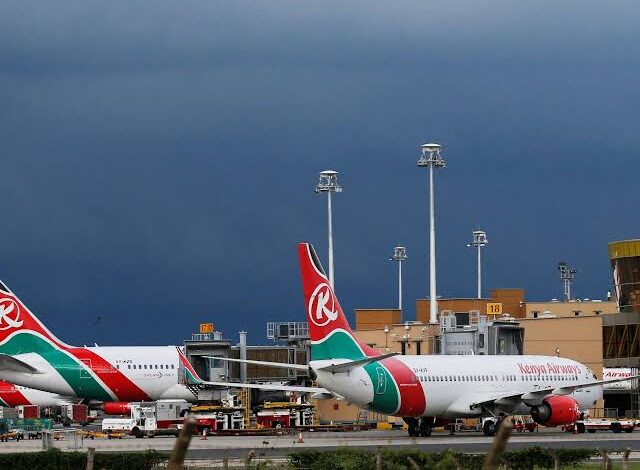
Faith Nyasuguta
Nigeria is currently navigating one of the most severe economic crises in West Africa in recent years, triggered by a surge in the inflation rate and a significant devaluation of the local currency against the US dollar.
The latest government statistics, released on Thursday, reveal that the inflation rate in January surged to 29.9%, reaching its highest point since 1996.
This steep increase is primarily attributed to the rising prices of food and non-alcoholic beverages, contributing to the economic strain experienced by the Nigerian population.
The Nigerian naira has also witnessed a dramatic decline, plummeting to 1,524/1$ on Friday. This reflects a staggering 230% loss of value in the last year, exacerbating the economic challenges faced by the citizens.
The situation is further complicated by existing hardships resulting from the removal of gas subsidies, leading to a tripling of gas prices and a spike in transport fares.
With a population exceeding 210 million people, Nigeria not only holds the title of Africa’s most populous country but also boasts the largest economy on the continent.
The economic structure is primarily driven by the service sector, including information technology and banking, followed by the industry sector, encompassing manufacturing and processing businesses, and finally agriculture.
“Everything is too expensive; they should help us,” expresses Obiajulu Blessing, a mother of three, capturing the sentiments of many grappling with the economic challenges in Nigeria’s commercial capital, Lagos.
One of the underlying challenges is that Nigeria’s economy falls short of meeting the demands of its booming population. The nation heavily relies on imports to satisfy the daily needs of its citizens, ranging from cars to cutlery, making it susceptible to external shocks, particularly in the parallel foreign exchange market that influences the pricing of goods and services.
Moreover, the country’s economic stability is closely tied to crude oil, and when crude prices experienced a significant decline in 2014, the Nigerian authorities tapped into foreign reserves to stabilize the naira.
Despite multiple exchange rates, fuel subsidies continued, depleting external reserves, and contributing to the rise of a parallel market for the US dollar, impacting the cost of goods and services.
Trader Adeniyi Bisola vividly illustrates the prevailing hunger, stating, “For some, when they eat in the morning, they only get to eat at night, while others do not even have access to food.”
President Bola Tinubu, upon assuming power, implemented bold measures to address the economic challenges. He announced the end of decades-long gas subsidies, citing their unsustainability, and unified exchange rates, allowing market forces to determine the local naira’s value against the dollar, effectively devaluing the currency.

However, analysts argue that the government’s measures lacked adequate alternatives for citizens, revealing a lack of clear strategies.
Dipo Oyewole, a strategy consultant, notes, “This is quite unfortunate because somehow it seems like the government hasn’t been able to get a handle of it, and it has been increasing, and it keeps increasing right now.”
President Tinubu has responded to the economic hardship by directing the release of food items from government reserves and proposing the establishment of a commodity board to regulate escalating prices.
Despite these efforts, conflict zones in northern Nigeria face exacerbated difficulties, with farming communities unable to cultivate due to violence.
Pockets of protests have erupted in response to the economic downturn, met with swift intervention by security forces, including arrests. In major cities like Lagos, a visible shift is observed with fewer cars on the roads and increased foot traffic as commuters are compelled to walk to work.
This multifaceted crisis emphasizes the urgent need for comprehensive and effective measures to address Nigeria’s economic challenges and alleviate the burdens faced by its citizens.
The government’s response and strategies moving forward will play a crucial role in steering the nation through this tumultuous period.
RELATED:




